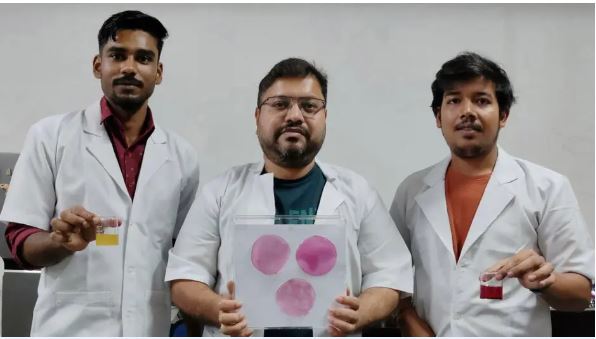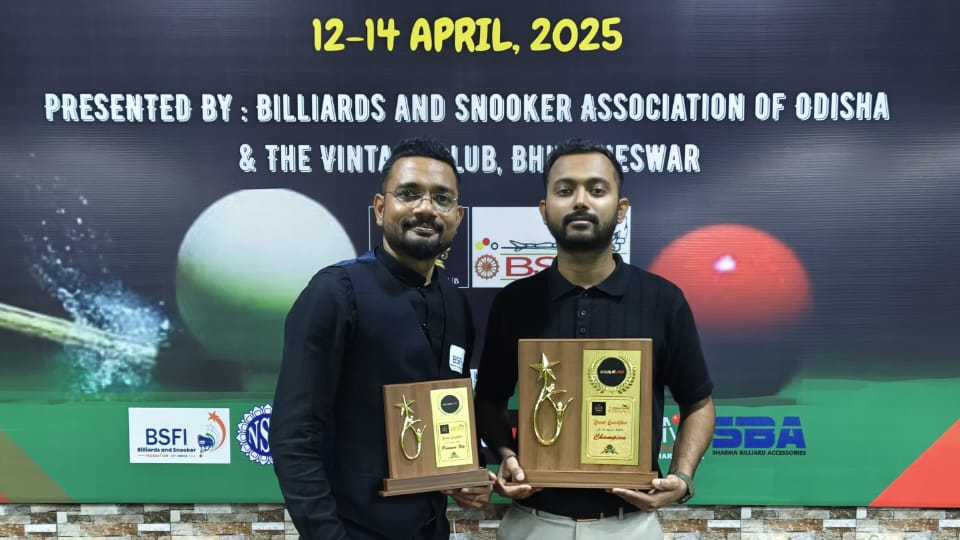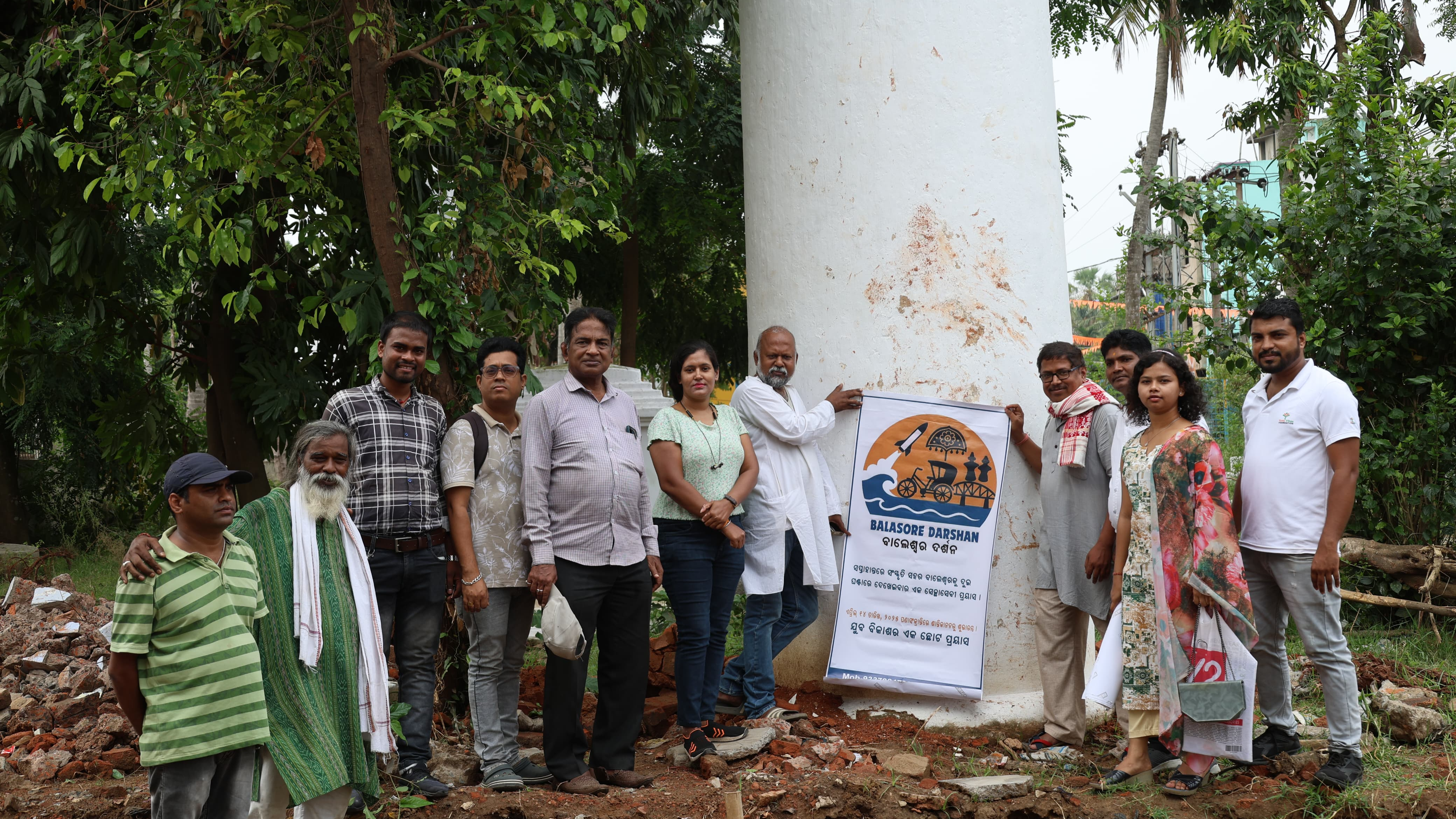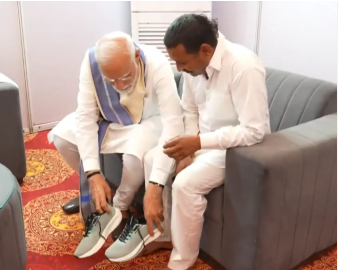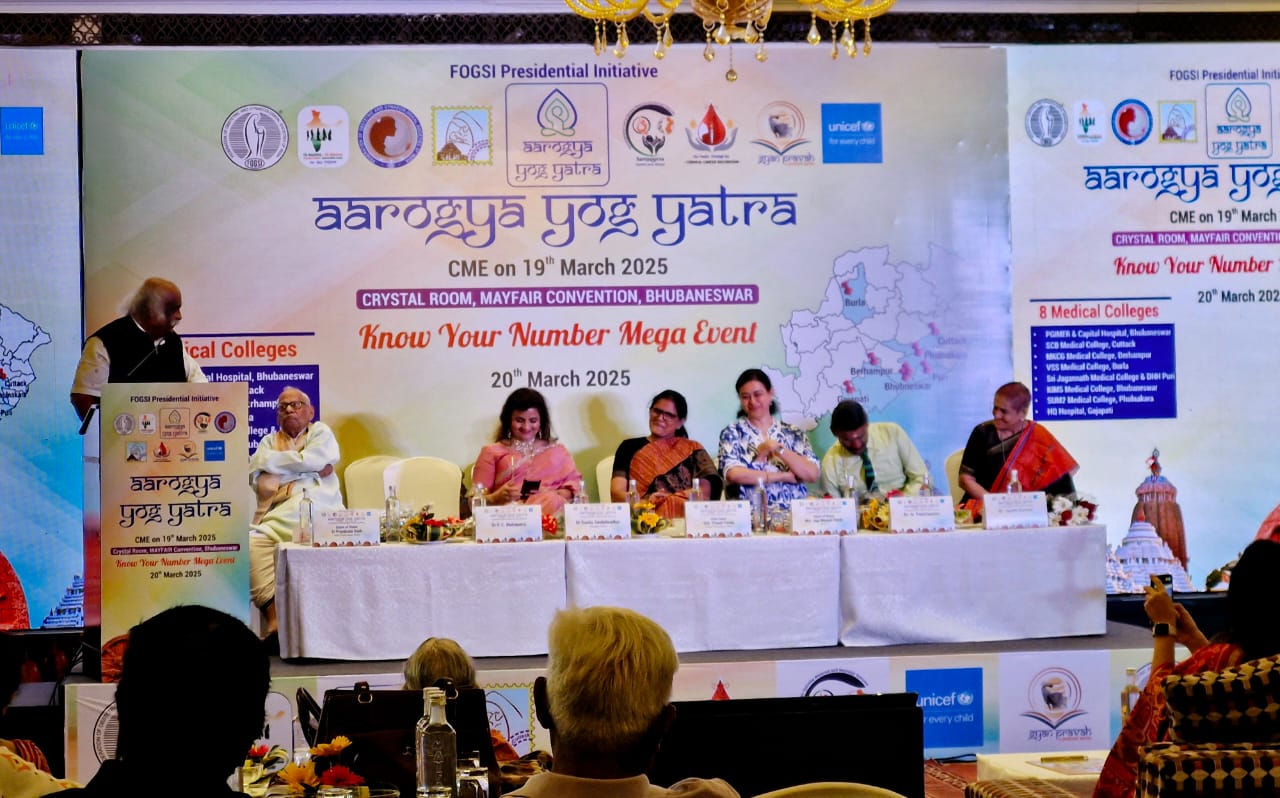Rourkela, April 11: Are you fade up for the fusty seafood packs and eatables?, that you fetch from the hotels or order through the food delivery app.
Don’t worry, you will never be duped of now with stale, expired or rotted products, procured from marines and stuffed in packets. It’s because, a group of enthusiast NITians in Rourkela has developed a solution to this food-related issue.
A thin membrane like film will evaluate and indicate it soon, if the seafood is fresh & ready to eat or stale, not to be even tasted, rather to be disposed off, evading food poison or other abdominal complications.
A panel of young research fellows from the National Institute of Technology (NIT), Rourkela, has developed the intelligent food packaging film using natural and biodegradable materials. The thin coating is able to visually indicate the freshness of seafood.
Led by Prof. Preetam Sarkar, Associate Professor in the Department of Food Process Engineering, the team has created a pH-sensitive packaging film from Kodo millet starch, gum tragacanth, and beetroot peel extract, that can detect the degree of freshness of the package.
How the film works
The newly developed organic film reacts to the release of volatile amines—compounds emitted during spoilage—by changing colour. It provides a real-time, non-invasive indicator freshness of the seafood.
The findings from the research, published in the journal Food Packaging and Shelf Life, is the first known use of Kodo millet starch for examining edible products in an interlligence manner. The film not only indicates spoilage but also aligns with global sustainability goals.
Key components like betalains in beetroot peels give the film its colour-changing characteristics and antimicrobial effects, while also utilising food industry waste efficiently.
The research project is a collaboration of the NIT Rourkela and Lovely Professional University, IIT Roorkee, and South Dakota State University, USA.
The innovative product will be trailed out with bulk of seafood.Later, the film will be manufactured in a commercial scale, said Guide Professor Preetam Sarkar.







